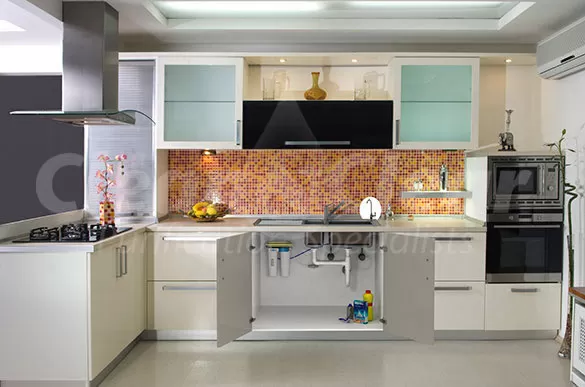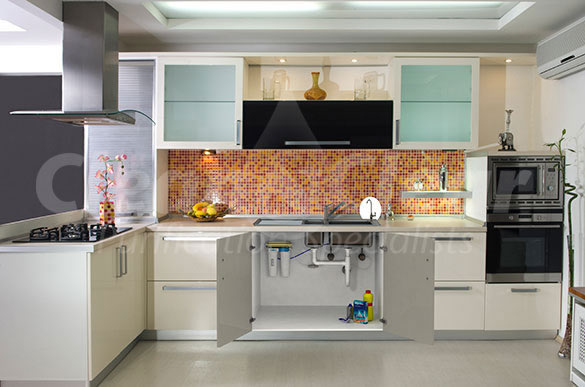We’ve all heard about hard water and soft water, but have you really stopped to think about what these odd terms mean?
If it does turn out that you have the wrong type of water, there are plenty of options. Installing a handy under sink water filter is one place to start, or even add a water softener with the help of professional Water Softener System Services. But before you make any decisions, you should know what you’re dealing with.

Hard or Soft
As you probably guessed, these descriptions aren’t talking about the feel or texture of the water. The terms are used to indicate the dissolved mineral content in the water. Hard water has high concentrations of calcium and magnesium, whereas salt water has none or at least very little. It’s not immediately obvious which kind of water you have, as both look the same and the taste doesn’t give it away either, but if you prefer having purified water, then consider getting office water coolers, especially if you work from home so you are sure to have fresh water a few steps away.

Does it Matter?
The bigger question is whether or not it makes any difference to your life if you are dealing with hard or soft water in your home. Actually, it can matter quite a bit. Soft water is generally fine and preferable for a home water treatment system. In fact, people install equipment to create soft water for them if the water is too hard. So what is the problem?
The dissolved minerals don’t stay dissolved, and can be left behind as water evaporates. That’s what causes that grey crust that forms on taps and shower heads. Kettles, coffee makers, dishwashers and washing machines can also be hit with mineral accumulation. It can build up enough to actually block water flow. There can also be less obvious problems as the minerals accumulate within the pipes and hot water tank too.
That’s not all. The minerals in hard water interfere with soaps and detergents, killing your suds and lather. This can mean poorly cleaned clothes and residue on dishes. Hard water can also be tough on your body as soap and shampoo don’t work as well as they should.
These issues can be enough of a concern on their own; the one thing you don’t have to worry about too much is your health. Hard water isn’t considered harmful to your health.
How to Tell
You can do a couple of easy DIY tests to tell if your water is hard. Frankly, if you do have hard water, you probably already see the signs around the edges of the taps and shower fixtures.
Take an empty soda bottle and add at least a cup to a cup and a half of water. Then several drops of hand soap or dishwashing liquid. Put on the lid and give it a couple of good shakes. With soft water, you get foamy lather and the water stays clear. If the water is hard, there will be hardly any bubbles and the water will get cloudy because of the reaction between the minerals and the soap.
What Can You Do?
As we mentioned earlier, you can install filters or a water softener that treats water with a special salt to remove the minerals before the water enters the household plumbing. Most filters use the reverse osmosis filtration system to separate the water from the heavy metals thereby softening the water. If unsure, it is wise to get water conditioning services so the experts can test the water and recommend the best solution.

